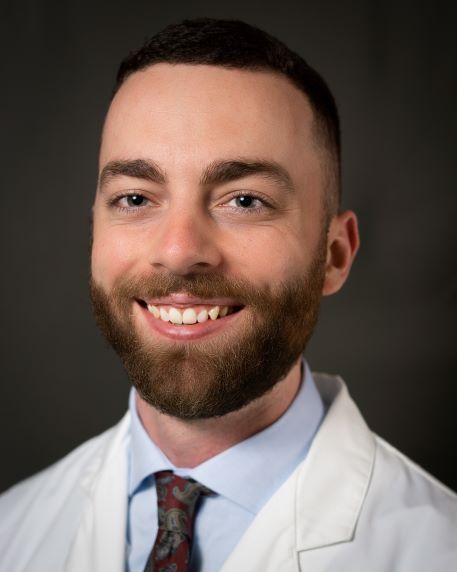March is Colorectal Cancer Awareness Month, and is a great time to consider this aspect of your health.
Colorectal cancer includes cancers of the large intestine and rectum. Colon cancer is the fourth-leading cause of cancer-related deaths in the United States. In 2019, Missouri alone had 2,895 reported cases of colon cancer.
Over the years, efforts to increase screening availability and awareness have benefitted communities across the country, with reduction in cancer rates for individuals over 50 years of age. However, the rate of colon cancer in individuals under 50 has been steadily increasing since the 1990s.
According to the Centers for Disease Control, colon cancer rates are higher in males compared to females. Rates are also highest in Black (non-Hispanic) populations and White (non-Hispanic) populations while lowest in Asian and Pacific Islander populations.
Anyone can be affected by colon cancer and obtaining appropriate screening is important regardless of gender or ethnicity.
Screenings are crucial for finding precancerous polyps and early cancer diagnoses. It is well established that colorectal cancer screening can save lives. Starting at age 45, average-risk individuals have several options to choose from.
The most common screening option is a colonoscopy -- a procedure where the doctor visually evaluates the colon for evidence of abnormal growths or cancers. An advantage of colonoscopy is that if an abnormality is found, it can often be removed during the procedure. What's more, if a colonoscopy is normal, they generally only need to be repeated once every 10 years.
A common alternative screening, for people who would like to avoid a colonoscopy, includes at home stool-based tests. These tests are performed at home and tested in a laboratory for abnormalities, such as cancerous DNA or blood in the stool. If these test results are abnormal, a colonoscopy must be performed. If they are normal, a colonoscopy may be avoided, but these tests are then repeated every one to three years. While these are the two most common tests, other options also exist.
To choose a screening option, you should speak with your provider to determine the best screening test for you. They can also help determine whether you should start screenings before the standard age of 45 years old, usually by discussing your family history. If you're older than age 45 and haven't started screening, it's not too late.
Detecting colorectal cancer early allows for the best outcomes. Early polyps or cancers don't always cause symptoms, and getting tested increases the odds that they are found before spreading or becoming advanced. In the event that colorectal cancer is discovered, the chances of curing it are better the sooner it's found. Medicare and many commercial insurance plans typically cover the cost of colorectal cancer screening.
Along with screening, you can also take steps every day to reduce your risk of developing colon cancer, with lifestyle changes. Positive lifestyle choices for any health goal include frequent exercise, reduced alcohol intake, smoking cessation and a healthy diet.
According to the Nurses' Health Study, which evaluated more than 81,000 participants over 24 years, the lowest risk category of individuals for developing colon cancer had six protective factors -- a healthy body weight, significant weekly exercise, less than one alcoholic drink daily, minimal smoking history, use of multivitamins for more than 15 years and healthy intake of dietary calcium. More research is currently underway to clarify dietary risk factors of ultra-processed foods and benefits of high fiber and fermented foods
Now is a great time to speak to your primary care provider or gastroenterologist about colorectal cancer screening, and making healthy lifestyle changes in your colon-cancer risk management. Doing so may just save your life!
Garrett Hull, DO and Ashley Watson, DO, are third- and second-year family medicine resident physicians, respectively, at Capital Region Medical Center. CRMC Family Medicine Residents train to provide full-scope primary care to patients of all ages.


